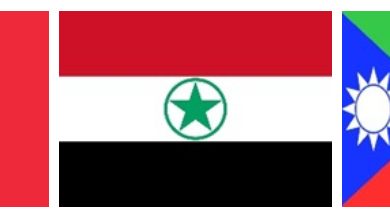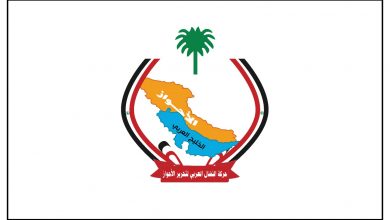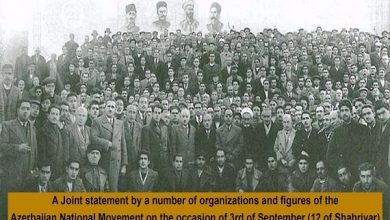#Ahwazna – Abu Elaj village in Arab Ahwaz region: when Deprivation Speaks

Abu Elaj village is an improvised area in the town of Gerger, which is part of Ma’shour city located in the north of Ahwaz capital. Ma’shour city due to the existence of hundreds of Petrochemical Complexes deemed as the heart of the Iran’s economy.
But when a city is deprived of its human rights and denied access to its own resources, deprivation, poverty, addiction, instability, and insecurity prevail.
Ma’shour lacks the most basic amenities and civil rights that any city needs to thrive.
Lack of services
The Arab residents of Ma’shour city in general, and Abu Elaj village in particular, have expressed their dissatisfaction regarding the dreadful conditions they are forced to tolerate. Those living there don't have their own hospitals, health centers, or schools. The existing public services there can be described as 'paragon of deterioration'.
Sewage systems installed are outdated and Arab residents have had to resort to using makeshift drainage pipes. Since many are not installed properly, these pipes often explode, causing filthy smells and material to spread across the area.
Signs of the Iranian government's negligence can be seen everywhere. Most of the main streets are unpaved littered with stagnant faeces of wastewater. Much of this wastewater has mingled with the water of the now polluted Jarahi River. The river has also started to dry up due to dams being established by the Iranian regime. These dams serve to deprive local residents of their right to clean drinking water.
Negligence
In the ill-fated city, garbage is piling up along the river where most of the population lives. This river is the main source of water for drinking and irrigation for those living there.
Villagers are heavily now dependent on rain due to the lack of clean drinking water. If there were to be a shortage of rain, the Arab residents of Ma’shour, and Abu Elaj in particular, will suffer greatly.
Unemployment
Unemployment in Abu Elaj is another nightmare haunting local residents. The Arab youths there are complaining about the staggering rates of unemployment. Those fortunate enough to find work can only acquire temporary jobs as porters, night guards, drivers, etc. Due to the peripatetic nature of employment opportunities and longevity, many are forced to leave the city and look for alternative offers.
Some youth have decided to remain in the area to work in agriculture. In order to secure large swathes of land for the cultivation of wheat, barley, etc. The owners had started to cut down the palms trees which covered dozens of acres along the river. However, due to drought, the growth of such crops proved impossible, so farmers returned to cultivating palms and other grass crops that require less water.



